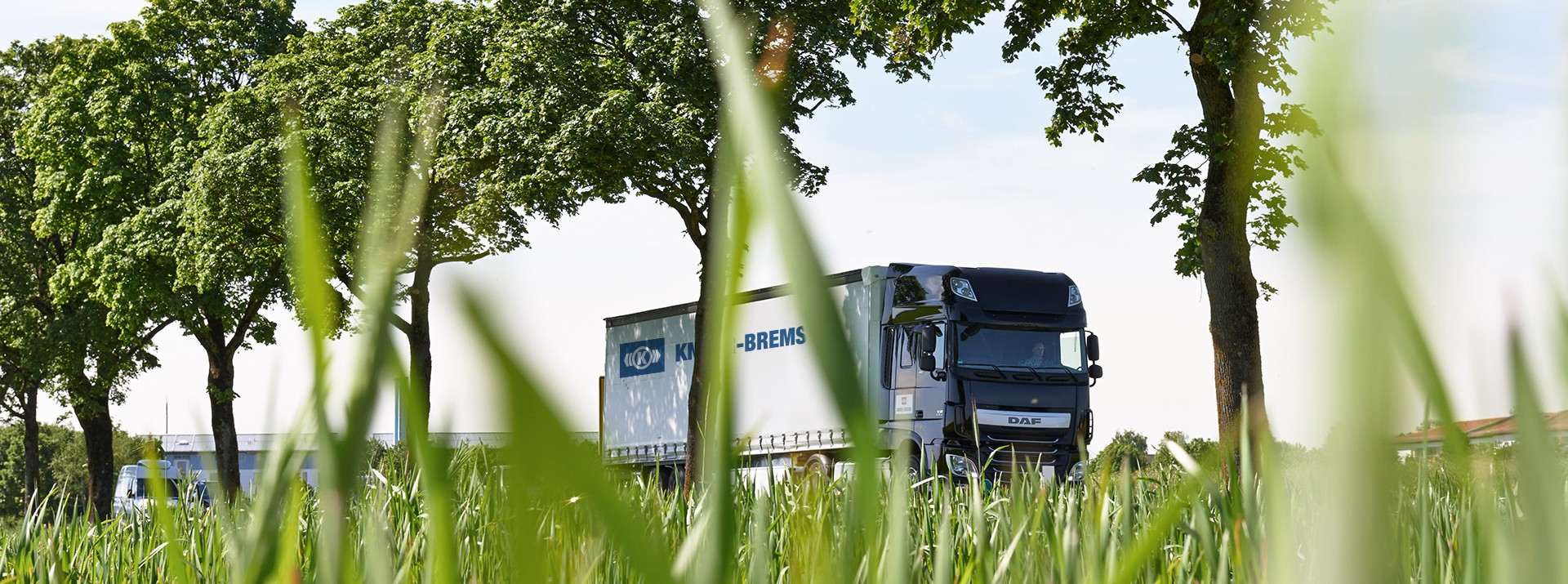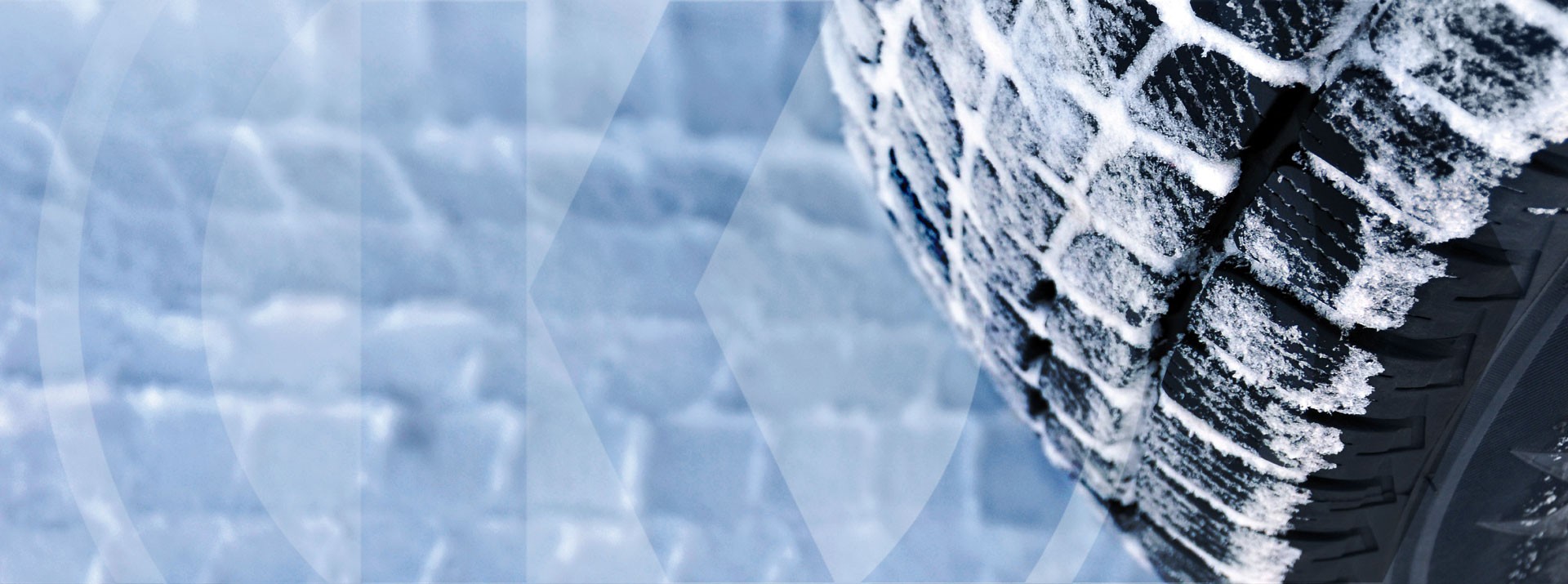Knorr-Bremse is playing its part in bringing about a sustainable society. As a globally successful player in the mobility market, we actively contribute to making the places we live fit for future generations. In particular, we focus on the United Nations' Sustainable Development Goals (SGDs) – which are harmoniously aligned with our efforts to improve in the economy and efficiency of our products and solutions.
The UN's Sustainable Development Goals include gender equality, decent work, innovation, responsible consumption and climate action. Knorr-Bremse can make a valuable contribution to these five selected topics in particular, and we are pursuing these SDGs right across the organization. The Corporate Responsibility Strategy is an integral part of Knorr Bremse's business strategy: each member of the Executive Board has taken on the role of sponsor for one of the five SDGs; the Corporate Responsibility Council monitors and steers progress.
Climate protection: 2030 strategy
At the start of 2020, Knorr-Bremse set itself new goals with its latest climate strategy: to halve its CO2 emissions by 2030 and to become CO2-neutral from 2021. These objectives are to be achieved through efficient energy use, in-house electricity generation and the purchase of renewable energy for the company's own production.
Sustainability at product level
2017 saw the launch of a cross-divisional working group on Eco Design. From the planning stage onwards, sustainability considerations will be systematically incorporated into product development – in a uniform manner throughout the company.
Entirely in keeping with this, the two new disc brake generations SYNACT and NEXTT not only offer significant advances in safety, reliability and customer benefit. In addition, the optional Active Caliper Release System (ACR) reduces emissions in driving practice. When the braking process is over, this mechanical system separates the pads from the brake disc and at the same time centers the caliper. In a two-axle truck, ACR can deliver fuel savings of up to one percent. Extrapolated to a five-axle truck-trailer rig on long-distance service, covering an annual 100,000 kilometers, this equates to a reduction of 1 tonne of CO2 per year.
EconX: original – economical – sustainable
In the aftermarket business, Knorr-Bremse TruckServices offers industrially reconditioned products as an attractive option for repairing older vehicles in line with their current value. Indeed, the "second life" of a product greatly enhances its sustainability. Despite the transport necessary to return the used products, also known as cores, a reconditioned component saves up to 79% of CO2 emissions compared to a new product. As a result, the company was able to save more than 1.9 million kilograms of CO2, almost 7.9 million kilowatt hours of energy and half a million kilograms of material in 2019 through remanufacturing.
In this way, Knorr-Bremse is leveraging its economic and innovative potential to meet global economic, social and ecological challenges and to set new standards in reconciling ecological and economic goals.


